Bone stress injuries are commonly seen in athletes and active individuals across a full spectrum of physical activity, age, and gender. While most overuse injuries can be addressed through non-operative care, injuries may progress to full fractures that require surgery if misdiagnosed or not correctly managed. Written by leaders in sports medicine including physical medicine and rehabilitation, orthopaedics, endocrinology and allied health professionals of biomechanics, physical therapy and dietetics, Bone Stress Injuries offers state-of-the-art guidelines and up-to-date science and terminology to practitioners. Using a holistic approach to understand the management of bone stress injuries, this book highlights specific considerations by injury, gender, and risk factor to ensure that a comprehensive treatment plan can be developed to optimize bone health, neuromuscular re-education, gait mechanics, injury prevention for athletes and more.
Organized into four parts, opening chapters cover the general need-to-know topics, including clinical history, imaging, and risk factors including biological and biomechanical factors. The book proceeds anatomically through the body from upper extremity to foot and ankle injuries, with each chapter underscoring diagnostic and treatment strategies specific to that region. Chapters dedicated to special populations discuss the differences in injury evaluation and management according to age, gender, and military background. Final chapters review the prevention of injuries and examine both common and novel treatment strategies, such as medications, nutrition, gait retraining, orthobiologics, and other interventions. Invaluable in its scope and approach, Bone Stress Injuries is the go-to resource for sports medicine physicians, physiatrists, and primary care providers who manage the care of athletes and individuals leading active lifestyles.
Key Features:
- Promotes evidence-based practice for diagnosis, treatment, and prevention of bone stress injuries
- Covers specific anatomy that is prone to bone stress injuries with dedicated chapters on upper and lower extremities, pelvis and hip, spine, and foot and ankle
- Considers evaluation and management differences according to specific populations of pediatric, male, female, and military personnel
- Discusses emerging strategies to treat bone stress injuries, such as gait retraining, orthobiologics, and other non-pharmacological treatments
Read Sample
👇
[3d-flip-book id=”1480″ ][/3d-flip-book]

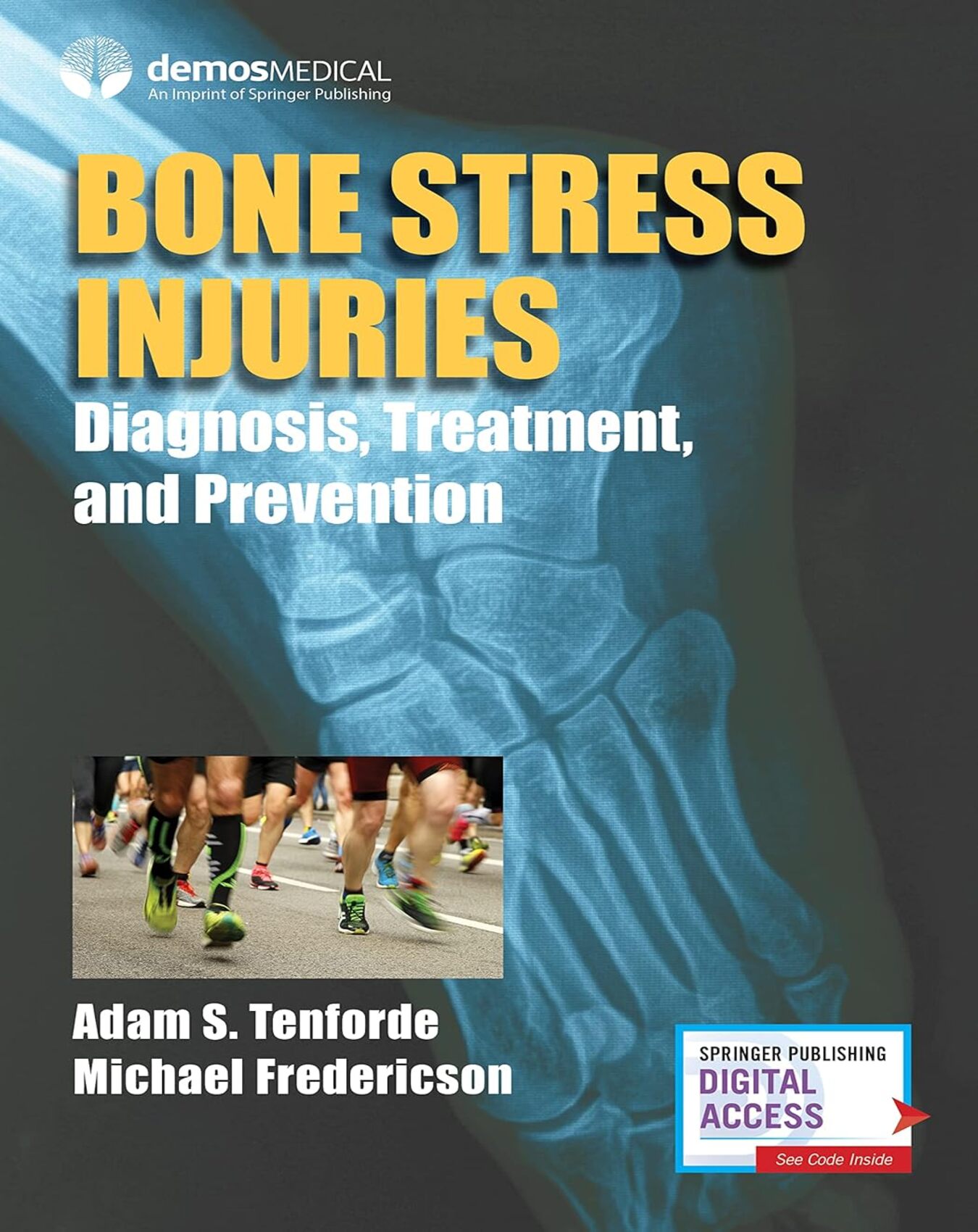
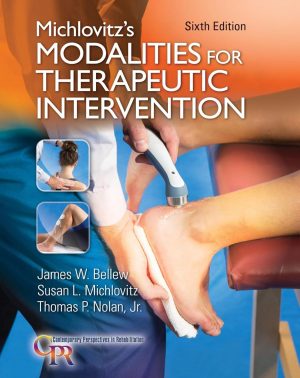
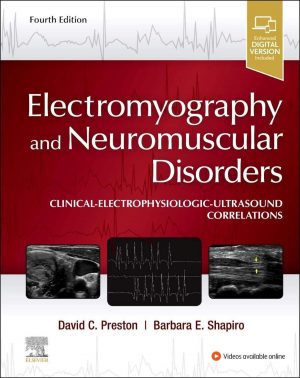
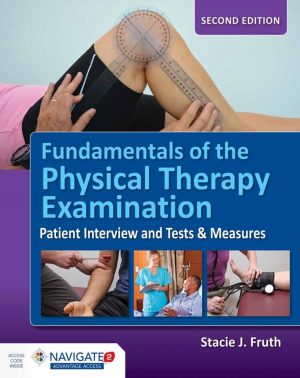



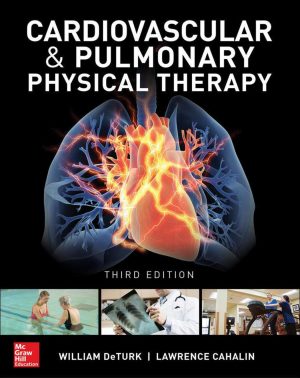
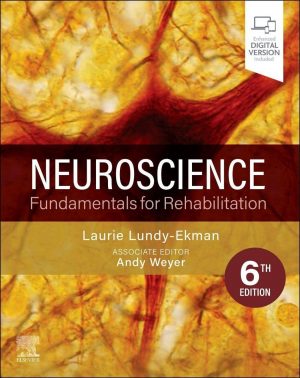
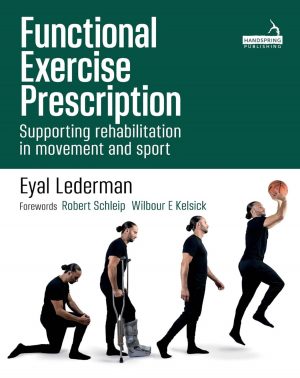

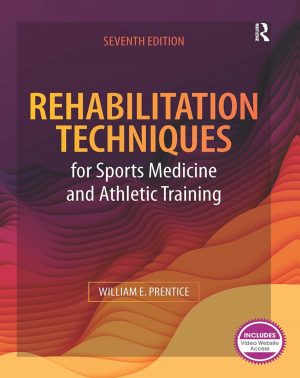
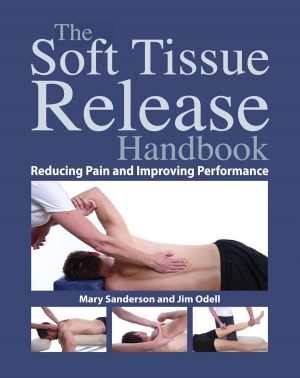
Reviews
There are no reviews yet.